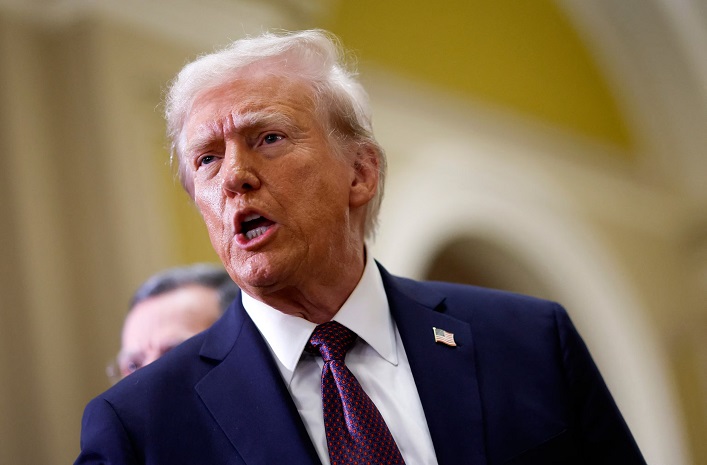On May 17, US Secretary of State Marco Rubio delivered a “strong message” from Donald Trump to Russian Foreign Minister Sergei Lavrov, emphasizing the White House’s commitment to a lasting resolution to the Russian-Ukrainian conflict.
“The US’s comprehensive peace plan represents the most viable path to this goal,” stated the US State Department.
Trump indicated he would conduct negotiations by phone with President Putin and President Zelenskyy on May 19. The US leader also plans to meet with Putin in person at the earliest opportunity.
Meanwhile, US Special Envoy Steve Witkoff postponed his trip to Moscow, citing Putin’s reluctance to consider the peace plan put forth by the US, Ukraine, and Europe.
According to the ISW’s analysis of the Istanbul talks, the Kremlin is attempting to project a willingness for dialogue while not showing any real intent to compromise. Moscow seems to be prolonging the negotiations, indicating a lack of genuine commitment to a ceasefire or a final peace agreement.
However, the US has declared they will not engage in “endless negotiations” that yield no results and are waiting for a document jointly prepared by Ukraine and Russia that illustrates a readiness for concessions and a rational, realistic approach to the peace process.
